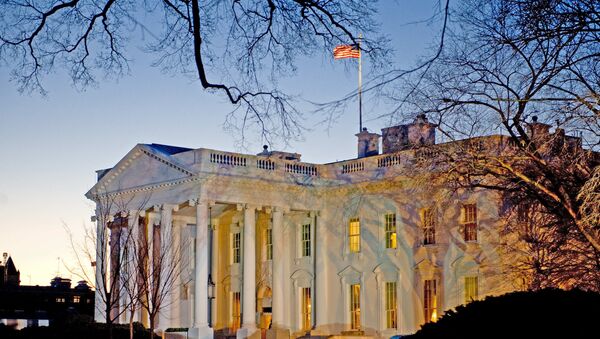MOSCOW (Sputnik) — On Thursday, outgoing US President Barack Obama announced the expulsion of 35 Russian diplomats, the closing of two Russian diplomatic compounds and new sanctions against six Russian individuals and five entities, including the the GRU and FSB, over Moscow's alleged interference in the November US presidential election, which the Kremlin has denied.
The Washington Post newspaper called the new measures "the most far-reaching US response to Russian activities since the end of the Cold War, and the most specific related to Russian hacking."
Journalists from The New York Times have shared similar assessments, calling the new sanctions " the strongest American response yet to a state-sponsored cyberattack." According to the media outlet, it is Trump, who will have to decide whether to lift the restrictions after taking the office or not.
According to the The Times, the United States may use these sanctions as a warning tool regarding such states as Iran, China and the North Korea. It can also serve as a signal for US traditional allies in Europe — Germany and France, which have already assumed the possibility of Russia's potential capability to interfere into the election process in these countries.
Some media outlets consider that the new sanctions will somehow restrict the ability of Trump administration to implement the outlined normalization of relations with Russia. According to The Guardian, the expulsion of diplomats from a country usually requires a reciprocal response from another state, and Moscow will carefully study the possible adequate reciprocal measures.
Earlier in the day, Russian Foreign Minister Sergey Lavrov called for President Vladimir Putin to expel 35 US embassy and consulate staff, as well as ban the use of a vacation retreat by US diplomats, in retaliatory steps against the latest US sanctions.
Never miss a story again — sign up to our Telegram channel and we'll keep you up to speed!



